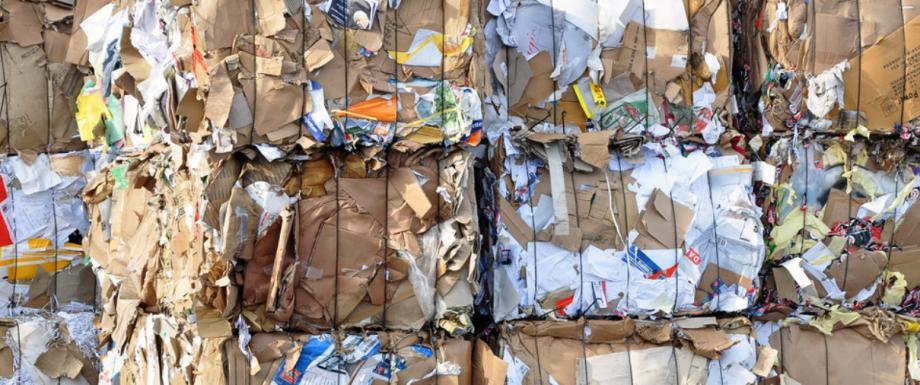
Time Should Be Taken Off With The Draft Waste Act
Eleven business organisations have sent a letter to the Parliament proposing that the processing of the new draft Waste Act should be suspended because the draft imposes obligations on manufacturers, the impact of which has not been assessed and for the performance of which no required prerequisites and conditions have been created.
The Environment Committee of the Parliament is processing the draft of the Waste Act, which is over 100 pages long and which will bring together the current Waste Act and Packaging Act to form one act. According to the explanations to the draft act, the aim of the document is to eliminate discrepancies, simplify requirements, decrease administrative burden and increase legal clarity.
Business organisations see the impact of the draft in much darker colours. The representatives of the industrial sector found out only two weeks ago that the draft has reached the Parliament and within such a short period of time they have discovered a number of problems in the draft act. Provisions have been discovered from the draft act, the performance of which will bring significant costs to the manufacturers, but their impact has not been analysed at all.
For example, the draft imposes the manufacturers an obligation to inform users with the characteristics of a product related to the environment such as the energy and materials used for manufacturing of the product, possibilities for extending the durability, maintenance, improvement and renewal of the product. Today, this obligation is partially required from products of concern, but this act wishes to extend it to all products. Unfortunately, it has been forgotten to analyse the impact of this amendment on the manufacturers and a misleading conclusion has been made that it has no significant impact.
The obligation to add additional environmental information will mean significant price increase for the manufacturers. For example, upon entry into force of the draft, each product should carry a marking regarding how much energy has been used to manufacture it. If the components of a product come from different countries, including outside the EU, it might be very difficult to gain access to such information. Thus, very often the manufacturer does not know how much energy was exactly used for manufacturing a product. Furthermore, there is no methodology, standards or reference on how to present the information on energy and materials used for manufacturing the product. Many products have a shorter life span and a significantly shorter impact on the environment than the products of concern and therefore adding the information on energy used may constitute unreasonable administrative burden for manufacturers as well as public sector that has to perform supervision and ensure possibilities for conducting an independent expertise in case there are disputes.
Furthermore, business organisations are not convinced that merging the Packaging Act with the Waste Act will make understanding the legal acts of this area clearer for entrepreneurs. Unfortunately, awareness of entrepreneurs as well as people and local municipalities of the Packaging Act is low and environmentally friendly behaviour is very often a question of not knowing. Merging the Packaging Act with the Waste Act that has over one hundred pages will clearly not improve the knowledge of entrepreneurs on how to handle packaging, but will add to the confusion. The draft fragments even more the regulations related to packaging and mixes them with other areas, and makes it much more difficult to understand the meaning of the law.
Due to the fact that the draft act is very voluminous and has significant shortcomings, the Chamber of Commerce, the Federation of Estonian Chemical Industries, Estonian Food Industry Association, Estonian Clothing and Textile Association, Estonian Electronics Industries Association, Estonian Plastics Association, Estonian Furniture Industry Association, Estonian Machinery Industry Association, Estonian Printing and Packaging Industry Association, Association of Construction Material Producers of Estonia and Estonian Traders Association proposed the Parliament to stop the processing of the draft Waste Act. Entrepreneurs need additional time to analyse the draft and set out all shortcomings. Additionally, it was proposed to the Environment Committee to organise, after additional feedback from the industrial sector, a discussion, which would include different stakeholders.


